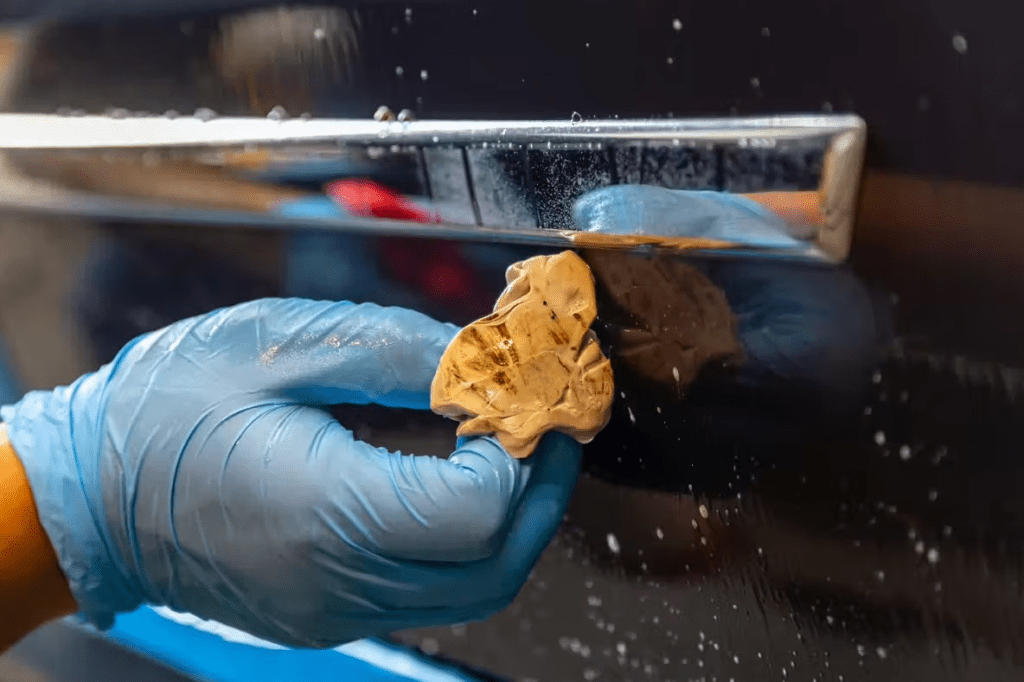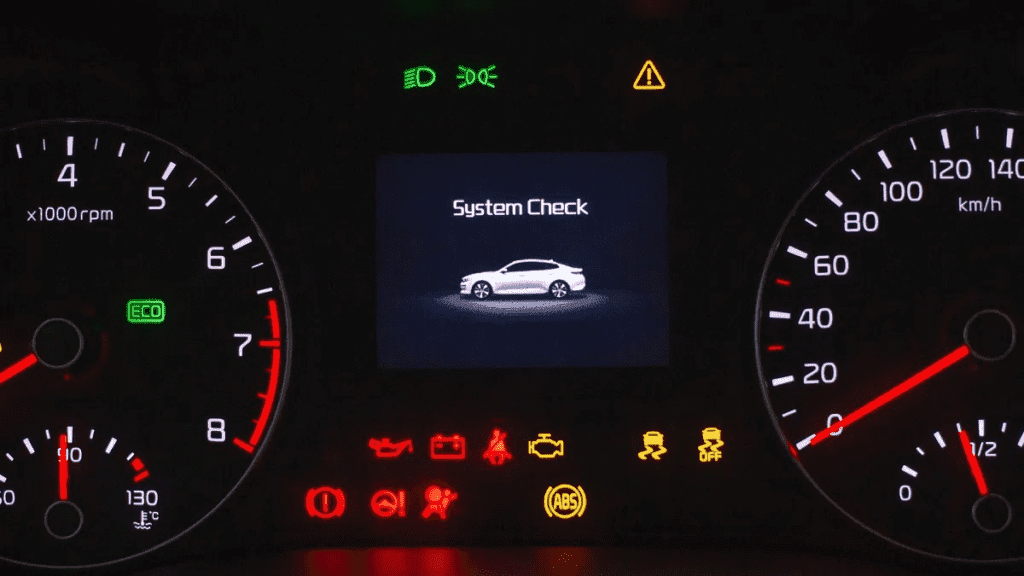The ownership of a car is a capital investment, and, of course, you have to utilise the benefits of this capital to the maximum. If proper care and maintenance are applied, its durability can be prolonged, and you can avoid additional expenses related to repair and replacement. The same applies whether you are driving a simple hatchback car or a luxurious sedan; these tips will guide you on how to maintain your car in its best state as it can be. Here in this guide, we are going to explore 10 simple tips that every car owner should follow in order to ensure that their car stays in the best condition as long as possible.
1. Follow the Manufacturer’s Maintenance Schedule
Perhaps the best way to ensure that your car will last longer is by following the recommended car maintenance plan as provided by the manufacturer. The instructions are simply bound with each vehicle to guide owners as to when they should perform tasks that include the regular oil change, filter, and brake pad check, among others. By so doing, one is assured of being able to fix his or her car before some of the major parts cause more harm than necessary.

Key Points:
- Regular oil changes keep the engine running smoothly by lubricating moving parts and reducing friction.
- Timely air filter replacements improve fuel efficiency and engine performance by ensuring clean air flows into the engine.
- Routine check-ups prevent small issues from escalating into costly repairs.
Proactive car maintenance reduces the odds of having to repair system failures, which can end up being very expensive. The problem with avoiding those regular services is that the vehicle may soon develop major issues. For example, if an individual fails to change the oil of their car as recommended by the manufacturer’s manual, the oil will thicken and clog the spaces in the engine with time, leading to a total failure of the engine. Thus, only the systematic adherence to the car maintenance schedule announced by the manufacturer can help you escape these risks.
2. Change the Oil Regularly
Motor oil can be regarded as the blood of your car’s engine, and this is why it is mandatory to change the oil. Due to heat, friction, and other forces acting on the engine, the engine oil becomes depleted and accumulates dust, dirt, and other particles. Failure to change the oil as specified by the manufacturer may result in early deterioration of the parts within the engine.

Key Points:
- Choose oil with the right grade that is recommendable for your car’s engine. It is recommended that one should never forget to check the oil level and even add the oil if it is low.
- Oil changes should be made at the frequency of every 5000–7000 kilometres, depending on your vehicle’s requirements.
3. Keep an Eye on Fluid Levels
The third important aspect that many people do not pay adequate amounts of attention to is levels of fluids. Your car is composed of various fluids, including transmission, brake, coolant, and power steering fluids, among others. It is advisable to check up on these fluids often so as to refill them, as they play a vital role in preventing breakdowns and mechanical failures.

Key Points:
- Insufficient coolant will result in a realisation of overheating in the engines.
- Low brake fluid causes leaking and may lead to brake failure.
- It checks the wear of the components within the engine and also helps the gears shift smoothly.
Maintain Your Tires
Out of all the car parts, tires are situated in the closest physical contact with the road, and so they should always be well maintained. To have tires that not only last long but also provide better fuel economy and safety on the roads, their maintenance is very important.

Key Points:
- Tire pressure should also be checked as frequently as possible so that tires do not wear unevenly.
- Tire rotation should be done every 6000 to 8000 miles to ensure tire uniform wear.
- Check wheel alignment so you don’t end up with some of your tires damaged before their due date.
5. Drive Smoothly and Avoid Aggressive Driving
The way you drive your car greatly determines the durability of your car. This is because aggressive driving that involves elements like frequent braking, acceleration, and cornering puts a lot of stress on the engine, transmission, and the suspension system of the car in general. These important parts are protected by constant velocity joint which thus reduce the chances of them wearing out by frequent jerks on the road.

Key Points:
- Do not frequently accelerate and then immediately slow down as this puts extra strain on the brakes and engine.
- Always use the cruise control when on the highways so that you do not procrastinate the acceleration process.
- Gradually increases the pace of driving to enhance fuel economy as well as decrease the stress on an engine.
6. Protect Your Car from the Elements
Severe weather can also cause damages to your vehicle both on the outside and in side with examples being very hot or cold temperatures, rainy and snowy conditions among others. Apart from dirt, the vehicle will be exposed to dust, and the effects of the weather such as rain, snow, etc. , all of which contribute to rust, paint chipping and eventually corrosion which will reduce the lifespan of the vehicle.

Key Points:
- It is advisable to park your car in a garage or any other place that has a cover to shield it from extreme weather conditions.
- Clean and polish your car to minimize contact with anything that may cause rust to spread all over the painted part of the car.
- In winter, there should be removal of accumulated road salt and snow as this may cause rust on the undercarriage.
7. Select Quality Parts and fluids
This may be a misconception but it is true that when it comes to taking care of your car, quality is not an option. Rushing to a buying low-grade spare parts or engine fluids will fortunately prove cheap in the short run but will eventually be costly in the end. It is always advisable to use top-notch parts and fluids that should at least be of the manufacturer’s recommendations.

Key Points:
- Always go for OEM (Original Equipment Manufacturer) parts if you can.
- Select superior grade of oil and fluid to increase performance and protection.
- Do not buy the aftermarket parts which have poor safety or quality certifications.
8. Keep the Battery in Good Condition
The battery is found in your car, and it is useful for turning on the engine and also for lighting purposes, among other uses. Battery failure/low battery leads to vehicle breakdown. Acquire a habit of checking the battery charge and the cleanliness of the battery to check whether it functions appropriately.

Key Points:
- Learn how to clean the battery terminals to avoid having the battery become rusty.
- Check the voltage faced by the battery frequently, especially if it is subjected to very high or very low temperatures.
- Battery changes should be done every three to five years, depending on the battery’s health.
9. Pay Attention to Warning Signs and Dashboard Lights
It is important that they learn to look for symptom indicators such as warning lights and signals. The dashboard warning lights, in essence, are the car’s telltale signs on the status of systems that require your attention.
Failure to take such signs seriously may result in something going seriously wrong with the vehicle or it finally calling it quits and requiring a lot of money to fix. That is why if a light is on, it is imperative that they try to identify the reason for the light and do something about it.

Key Points:
- This light may be related to the engine, exhaust, or emissions systems within the car.
- Flashing of the oil light could be due to low oil pressure or a serious problem with the engine.
- A battery warning light indicates that there are issues with the charging system that require attention.
10. Store Your Car Properly When Not in Use
If you believe you will be leaving your car unused for several days, weeks, or even months, there are several precautionary methods that can be taken so as to avoid cases such as drained batteries, flat tires, or rust formation. Maintenance allows your car to maintain good condition during its least-used full period in its calendar life.

Key Points:
- A car cover to protect the exterior from dust and withering elements should be used.
- If you do not intend to continue work, immediately detach the battery or get a battery tender to prevent the battery from charging.
- Bring the tire pressure to the standard level so as to avoid the formation of a flat spot.
Bonus Tip: Build a Relationship with a Trusted Mechanic
A good mechanic is one of the best friends that your car can have. A professional should carry out a routine check-up to be in a position to see what might cause a major issue in the future. Another important thing that you get from mechanics is advice on how to properly maintain your car.
Key Points:
- Annual professional inspections are useful to identify the issues that have not become significant yet.
- An expert mechanic may also advise a client how to save money on auto maintenance.
- You should seek out a mechanic that has a good reputation and certified work experience.
Conclusion
Actually, it’s not a complicated affair to lengthen your car’s life; all it takes is hard work, dedication, and proper use of your vehicle. If you follow these ten tips, you will be able to keep driving your vehicle for another ten years or so, as well as ensuring that your car performs better and is safer to be in. Please bear this in mind: preventive maintenance is always cheaper than repair or even replacement of a vehicle.
Taking care of your car is very important so as to avoid facing the effect of spending a lot of money to buy another one while at the same time making sure that your car is always in a condition that can technically be used for transport. Following these tips will ensure that you get a long-lasting car that does not produce heat and smoke and, at the same time, does not spend so much money.
Take Your Car Knowledge to the Next Level with My Car Wisdom
At My Car Wisdom, we are dedicated to helping you make informed decisions when it comes to your car. Whether you’re a first-time buyer or a seasoned car enthusiast, our in-depth car reviews, expert tips, and maintenance guides will empower you to choose the right vehicle and keep it in top condition.
From the latest car models to valuable insights on maintenance and repairs, we provide everything you need to enhance your car ownership experience. Don’t miss out—subscribe to My Car Wisdom today for the latest updates, expert reviews, and actionable advice that will keep you ahead of the curve.
Visit us now at My Car Wisdom and start making smarter car decisions!
Frequently Asked Question’s
1. How often should I change my car’s oil in Indian driving conditions?
However, due to the very roads of India and recurrent traffic jams, it is safer to get a car’s oil changed after every 5,000 to 6,000 km or as stated in the car’s owner’s manual. Oil change is another factor where it is recommended that Indians, especially those who drive in the hot and dusty environment, should take time and have their car engine oiled regularly.
2. Which of the fluids should I take as a regular checkup in my car for it to operate properly?
In India’s diverse climate and road conditions, it’s important to check these fluids regularly:
- Oil: for lubrication of the engine and to avoid or minimise wearing of the engine.
- Coolant: overheating of engines and also to overcome the problem of overheating of the car, especially during hot weather conditions.
- Brake fluid: With a view of improving on the aspect of braking.
- Transmission fluid: This helps in providing a smooth shift of gear in an automobile.
- Power steering fluid: To provide easy and responsive steering wheels.
Keeping these fluids at proper levels will help your car last longer and perform better in Indian road conditions.
Raja Yadav, the content writer at My Car Wisdom, brings a unique voice and style to our blog. With a knack for storytelling and a keen eye for detail, Raja ensures that every piece of content is informative, engaging, and easy to understand. His focus is on delivering high-quality articles that cater to both novice car owners and seasoned automotive enthusiasts.




